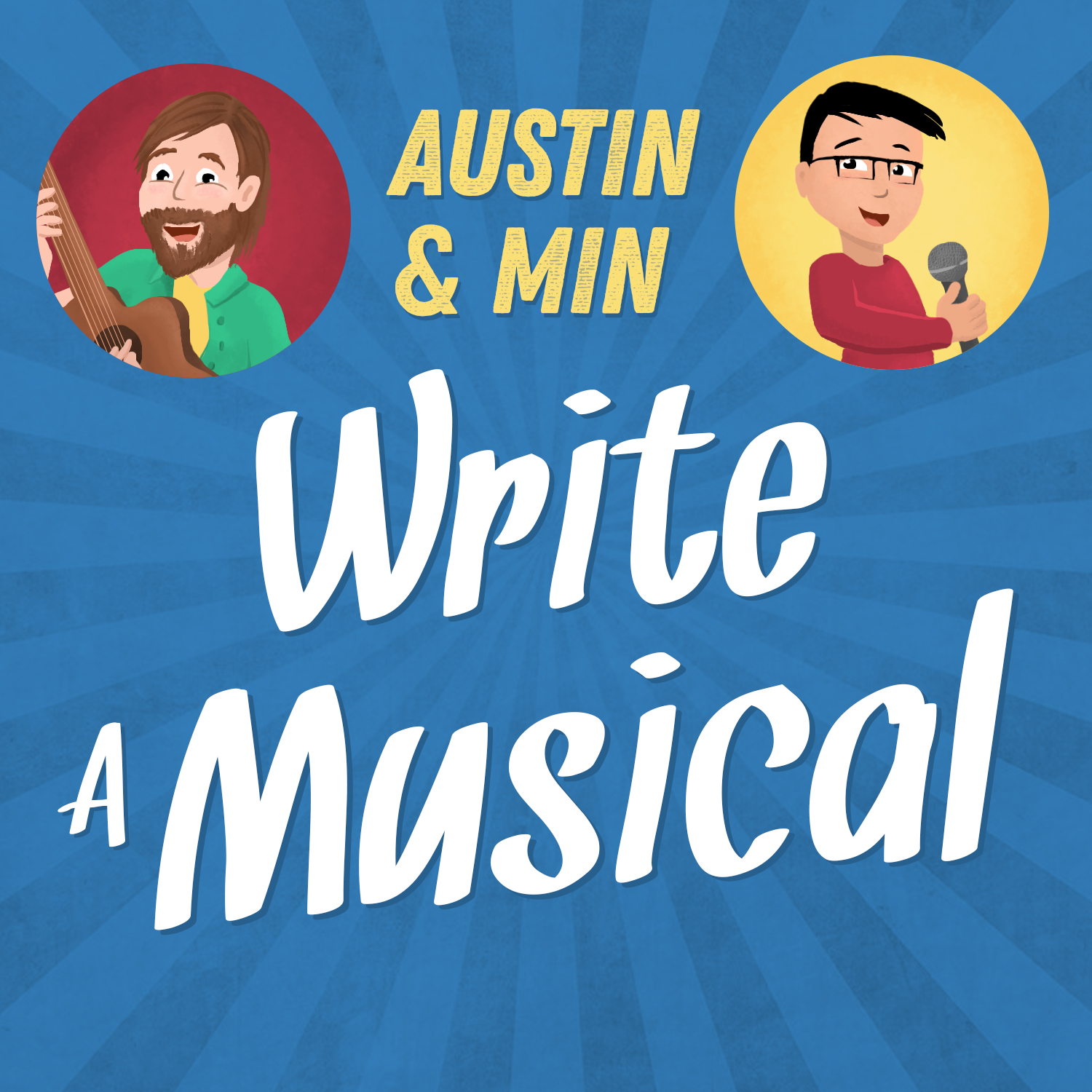There was a time when I believed the 2014 production of Where the Mountain Meets the Moon: A Musical Adaptation would be the only time the story would make it to the stage. Not for a lack of trying, mind you. After the world premiere closed, I met with director Mina Morita (currently Artistic Director of Crowded Fire Theatre) and BACT Executive Artistic Director Nina Meehan to talk about where the show could go next. We looked at festivals and other submission opportunities. And then, it all came to a halt. There was a potential movie deal in the works, so any adaptations of the book were not to be produced. This was very sad to hear (and wouldn’t be the last time this would happen), and I came to terms with the idea that the show would only live on in a much-cherished memory.
Then, in 2017, news came that further productions of the show would be allowed by the publisher. BACT wanted to do a remount. And South Coast Rep wanted to include it in their Theatre for Young Audiences programming! So we went from zero chance to getting two productions in the 2019-2020 season. One of the biggest changes this time around is that, due to budget constraints, there won’t be live instruments. I took this opportunity to completely revisit the show, tightening and shoring up the previous script, and even penning a new reprise that hadn’t existed before. The BACT remount is in previews right now, and it has been poignant seeing the show return to the Osher Studio - where the world premiere occurred. This show that I had thought would never see the light of day again is getting its second go starting this weekend, and its third in February in SoCal.
All this, I suppose, is a lesson in “You never know.” That doesn’t mean I should have held out hope against the odds. I believe it was right for me to make peace with the idea that the world premiere would be the only production of Mountain. But you just never know how events might turn and surprise you as you make your writer's way.





